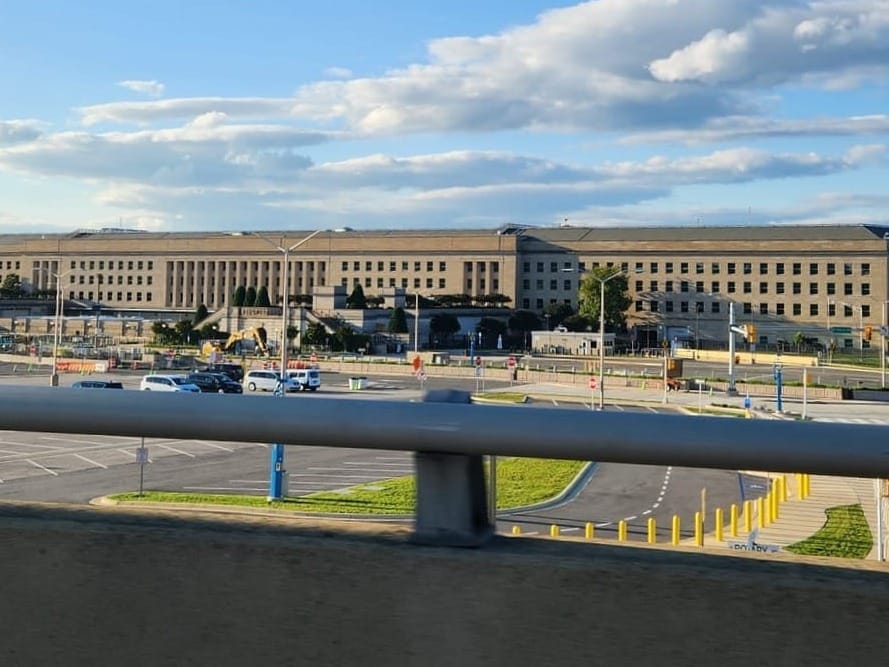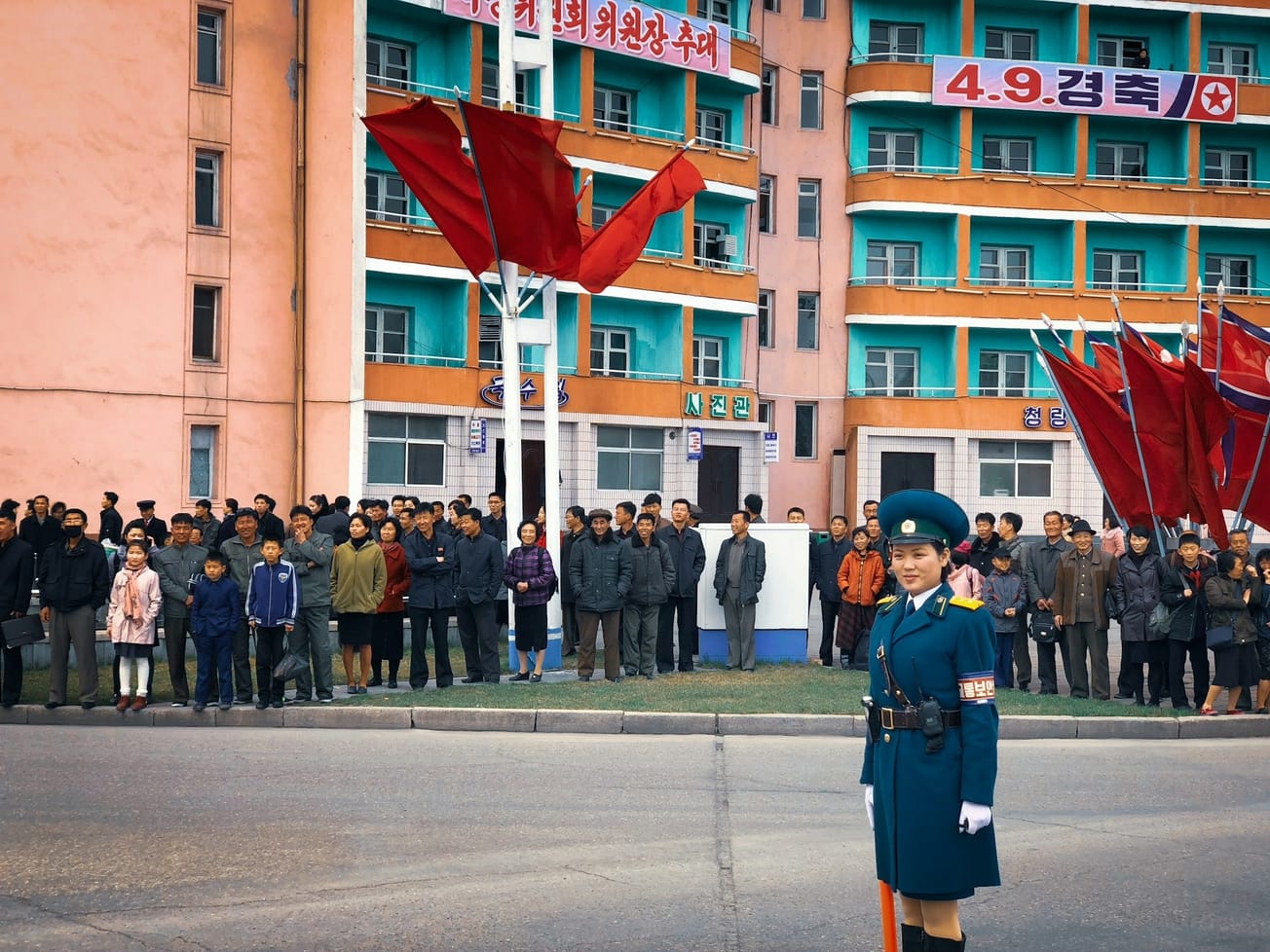Recalling the 400-year-old transatlantic slave trade, speakers at the 193-nation U.N. General Assembly emphasized the continuing repercussions.
"The legacy of the transatlantic slave trade haunts us to this day," U.N. Secretary-General António Guterres told the assembly on Monday.









